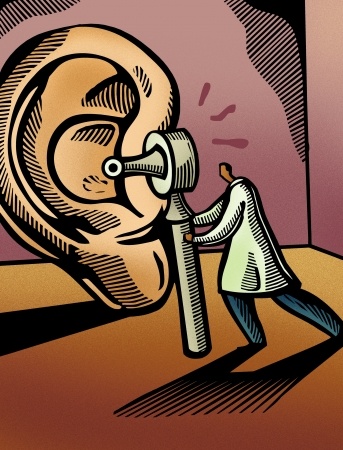I spent the five happiest years of my life in a morgue. As a forensic scientist in the Cleveland coroner’s office I analyzed gunshot residue on hands and clothing, hairs, fibers, paint, glass, DNA, blood and many other forms of trace evidence, as well as crime scenes. Now I'm a certified latent print examiner and CSI for a police department in Florida. I also write a series of forensic suspense novels, turning the day job into fiction. My books have been translated into six languages.
Wow, I'm sorry but I have absolutely no idea. You might need to ask a pathologist.
Sure I'll catch you when I'm back at work tomorrow.
For homework assignments can you please email me offline at: lisa-black@live. com and I can send you a list of answers to these types of questions.
I'm sorry, I answered this a week ago but somehow it didn't post. A pathologist will usually estimate time of death during the autopsy. It can be very simple and require the body temperature and not much more, or it can be very difficult and cover a wide range of possible time, especially if a lot of time has elapsed since death. The more time, the harder it gets.
Geek Squad Agent/Supervisor
 What's the biggest scene a customer's ever made in the store?
What's the biggest scene a customer's ever made in the store?
Sr. Software Engineer
 Is it basically impossible for a skilled programmer to be out of work these days?
Is it basically impossible for a skilled programmer to be out of work these days?
Audiologist
 Are earbuds dangerous for my ears?
Are earbuds dangerous for my ears?
I'm sorry for your loss. It depends on what you mean by 'record.' You shoudl be able to get a copy of the autopsy report from the Medical Examiner's or Coroner's office. You can get a copy of the police report from the Records department of the police station. I don't know if you could get a copy of all the detective's notes, which would likely be just a few jottings in a notebook, or any notes that they took while speaking to witnesses, etc.--that may vary by department/state. You may have to make a public records request through your city hall, and notes, witness statements, etc. may not qualify as 'public record.' Again, this varies by location. And, speaking from experience, I'm sure it hurts that the detectives are blowing you off, but they are not doing it because they're hiding something or because they don't care. A great many people kill themselves (this came as a major surprise to me when I started in this field) and very, very often family/friends don't want to accept it and insist that it couldn't happen. They are figuring that if they give it some time, acceptance will come. Best of luck to you.
From live people we usually take a buccal swab from the inside of the mouth. From a deceased person, we can use any part from which we can extract DNA, such as blood, bone, teeth, etc.
Okay, so if I'm following this:The pathologist says he sent the hyoid to the forensic lab.The forensic lab says it didn't receive it. The pathologist report says the hyoid was intact.
It seems to me that the 2nd and 3rd statements contradict the first, and since as far as I know pathologists and not labs examine hyoid bones, my guess is that the first statement is an error, either a typo or a misstatement and the bone was never sent to the lab. The only way to know for sure is to ask the pathologist. Just call the ME or coroner's office and ask for an appointment to come in or to phone in order to ask that pathologist a few questions about the report. Such offices are usually very careful to make a family comfortable so I'm sure they will be willing to address your concerns. Best of luck!
-OR-
 Login with Facebook
Login with Facebook (max 20 characters - letters, numbers, and underscores only. Note that your username is private, and you have the option to choose an alias when asking questions or hosting a Q&A.)
(A valid e-mail address is required. Your e-mail will not be shared with anyone.)
(min 5 characters)
By checking this box, you acknowledge that you have read and agree to Jobstr.com’s Terms and Privacy Policy.
-OR-
 Register with Facebook
Register with Facebook(Don't worry: you'll be able to choose an alias when asking questions or hosting a Q&A.)